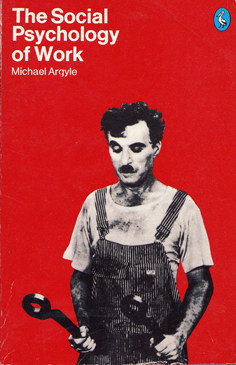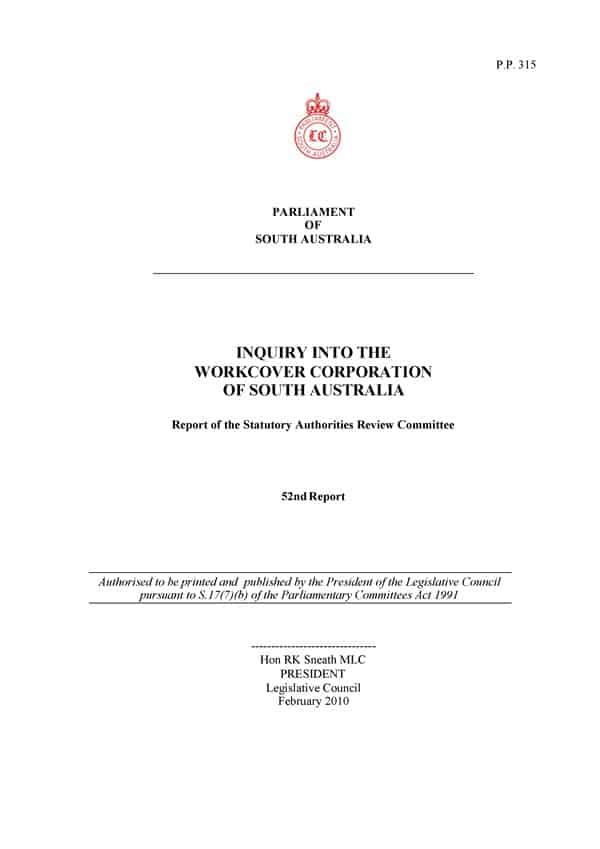South Australia has pledged to increase competition in its local workers’ compensation scheme in the hope of improving (some say fixing) it. Most other Australian States have a competitive structure with private insurers. In a couple of years, those insurers will be battling it out to achieve national coverage as the Federal Government moves to harmonise the State systems.
New data from Canada shows that perhaps Australia needs to take a deep breath and nationalise workers’ compensation for the good of the injured workers and business.
A February 2010 report from the Institute for Work & Health has concluded that
“The public administration of workers’ compensation in the Canadian systems provides a strong economic benefit to employers, arising from the lower administrative costs of a single public agency compared with the costs arising in a competitive insurance market. Continue reading “Maybe Australia is looking in the wrong direction on harmonising workers’ compensation”

 In February 2010, the New York Times ran an
In February 2010, the New York Times ran an 
